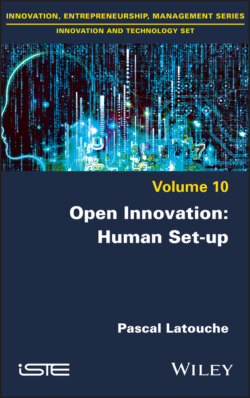Читать книгу Open Innovation - Pascal Latouche - Страница 36
2.1.3. The period of studies
ОглавлениеFaced with her potential, I would have expected to be face to face with a Cindy telling me that she had done a preparatory class, then followed a grande école in France, etc. I’m not saying that these schools are intended for high potential, just that the one who is high potential, probably has more ability to integrate in these schools even if they are somewhat conditioned a priori. I expected to hear her tell me she’d gone for the hard sciences…. Nothing of the sort.
I admit I had a hard time mapping Cindy’s student life. The grandes écoles1 were not an option because she could not afford them. I perceived in Cindy’s words a constraint that she gave herself: “I had to have a BAC +52, because that’s how it works in France”. Cindy was also wondering at that time what to do as a job that allowed her to work little and earn a lot, knowing that the education system forced her to choose between literature and science, and that she had capabilities in both fields. She finally wanted to become a conference interpreter because of her talent for languages: “I had seen that you could work a few days a year and earn a lot!”. To say the least, her journey has been rich.
See for yourself. So in summary: Cindy has two “BAC +23” degrees: one in Applied Foreign Languages from a “lousy college” and one in web development; a Bachelor’s degree in Applied Foreign Languages; a master’s degree in English/Italian legal and financial translation; an anglo-american masterer’s degree in Economy and a master’s degree in International Marketing/Business from evening classes.
Impressive, isn’t it? Well, Cindy’s not done with her study story because she’d like to go back to college for fun as soon as she can find some time. This is part of her personal goals, such as speaking the seven languages defined when she was 18 years old…. Being high potential offers a huge choice….
